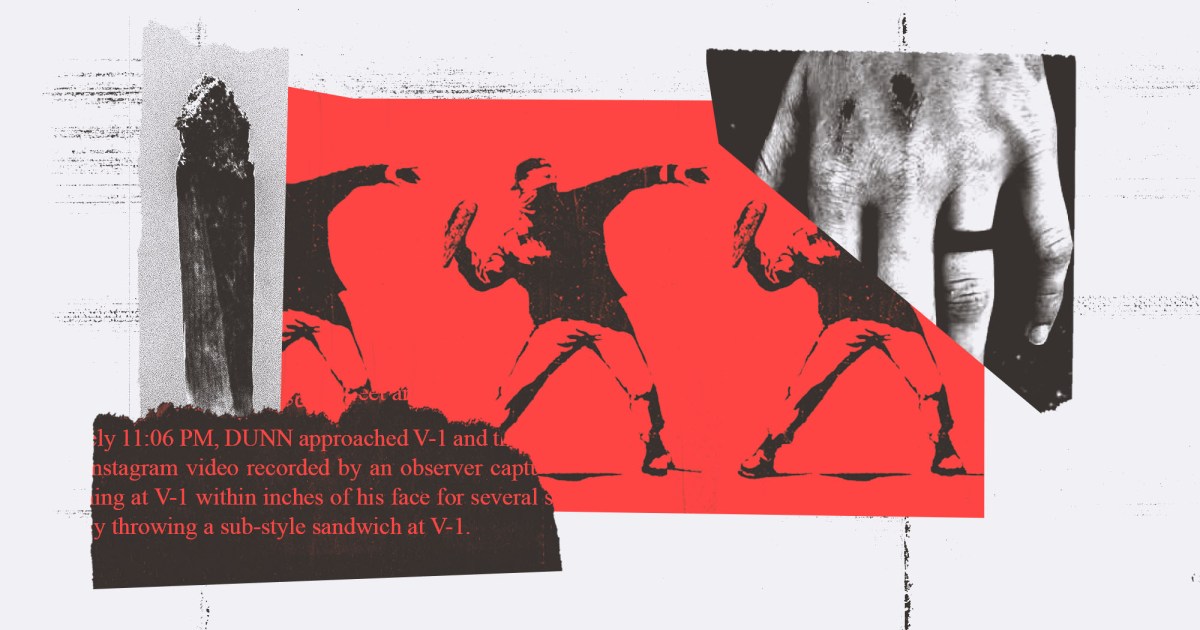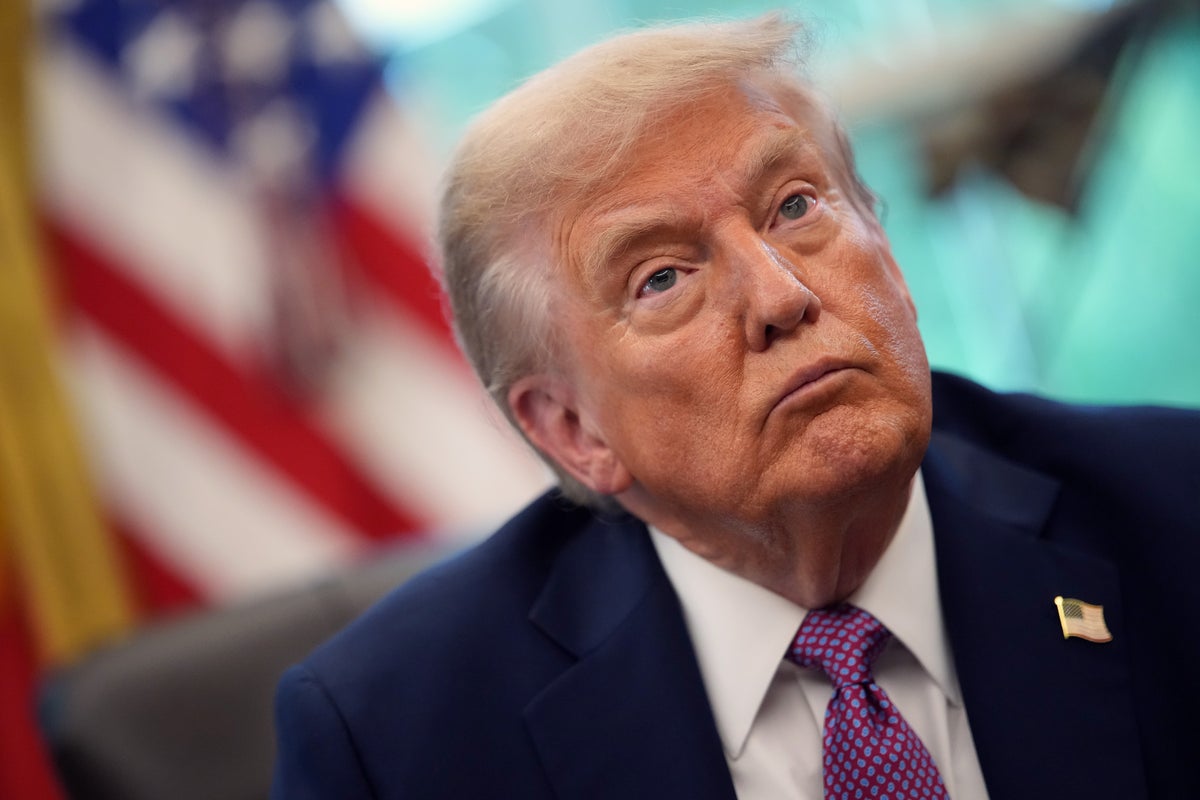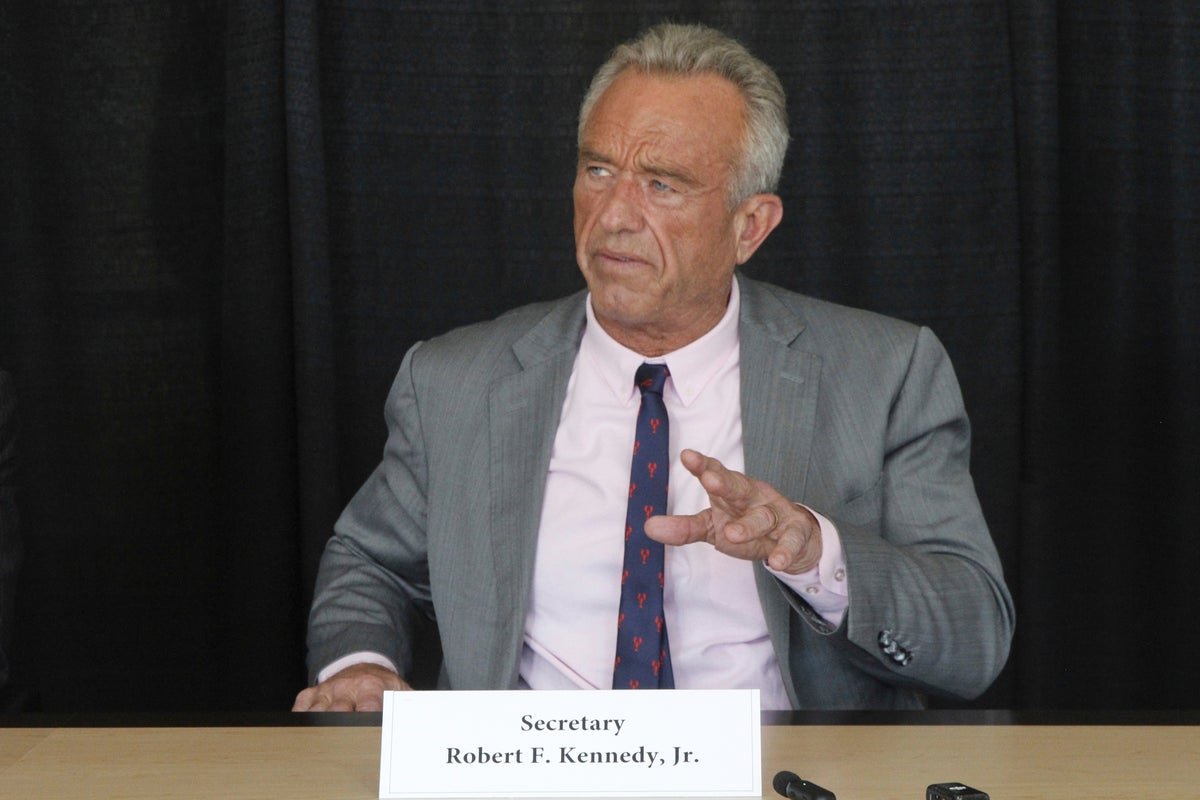“Good afternoon,” is how Magistrate Judge Heide Herrmann welcomed detainees into DC Superior Court room C-10 when it was their turn to stand in front of the bench on Monday.
But at 8:37 p.m., it was hardly “afternoon” anymore. Nor was it a good day for most of the inmates. They had been brought over from DC’s central cellblock, where accommodations consist of metal “beds” without mattresses. Some of the detainees were still in the pajamas they were wearing when they were first arrested. All were shackled at the wrists and ankles.
“MPD knows how to do this. The other law enforcement mentioned who are out making arrests apparently do not.”
Judge Herrmann was responsible for deciding whether they would continue to be held or released on the promise to appear at their next court date. The constitution requires defendants see a judge within 48 hours of arrest, but because superior court is closed on Sundays, Mondays consist of two days’ worth of criminal misdemeanor arraignments and felony presentments. It’s often the courtroom’s busiest day.
Several of the 105 cases Herrmann considered involved serious allegations: one defendant allegedly shot someone, requiring the victim to undergo bladder surgery, and there were also a litany of domestic violence charges. But since President Donald Trump has unleashed scores of federal law enforcement officers to help police DC’s modest population of 702,000, the caseload has been especially long—and often frivolous. Just a couple Mondays ago, it took a judge until almost 1:30 a.m. to get through what lawyers call the “lock-up list.” (A lawyer who sometimes represents defendants in C-10 says that before Trump’s crackdown, ending between 7-8 p.m. would have been considered an especially late Monday. )
The recent liveliness of C-10 should concern DC locals as well as the residents of blue cities that Trump has alluded to targeting next. But not because the room’s fullness proves Trump’s bold thesis that the entire city has been “overtaken by violent gangs and bloodthirsty criminals.” Rather, experts say, the surging volume of charges and the allegations therein indicates a different problem: overzealous and ineffectual prosecuting.
“We are in the in the DC Superior Court pretty much every day and have seen
enormous changes under Trump,” says Abbe Smith, the director of a Georgetown Law School clinic that provides criminal defense assistance to people who can’t afford other representation. “None of them good.”
The aggressive posturing is no doubt putting a tremendous strain on judges and public defenders.
“Aye yai yai,” grumbled one of about five public defenders in the room on Monday when she learned she had more than a dozen clients left to represent after 6 p.m.
At one point, even the stoic judge bemoaned the contents of some of the arrest affidavits. She attributed this to federal agents who, unlike members of the Metropolitan Police Department, are not accustomed to street patrol duty.
In this case, federal agents had helped apprehend a young man arrested for smoking weed in a park. Possession of marijuana is legal in DC, but public consumption of it is not (though it’s rarely prosecuted). After he was arrested, MPD and federal agents performed a subsequent search that led them to conclude the young man was storing THC wax—a more concentrated form of weed that isn’t legal in DC—in a backpack. Law enforcement tacked on a possession charge, but the affidavit said nothing about how agents knew the backpack (and the THC wax) belonged to the defendant.
“MPD knows how to do this,” the magistrate judge said of the incomplete affidavit. “The other law enforcement mentioned who are out making arrests apparently do not.”
In early September, another man was approached by law enforcement because DEA agents “observed a bulge consistent with a bag of marijuana coming from the pants pocket” of the individual, the affidavit says. He willingly showed the agents the bag of marijuana (which, again, is legal in DC). They then patted him down and noticed an “abnormal bulge” in his sock. It was a small bag containing what the agents described as five Oxycodone pills. They arrested the man for possession of a controlled substance.
This case was recently dismissed, but normally, such cases wouldn’t have been prosecuted in the first place. Instead, they are usually “no-papered,” meaning the prosecutor would opt against filing formal charges after the arrest. Smith says it was previously common for as many as a quarter or a third of cases to be no-papered misdemeanors because the allegations lack sufficient evidence to convict, or because there are questions about whether the defendant’s constitutional rights were violated. But now in DC, she says, “nearly every single misdemeanor is being papered.”
Anecdotally, law enforcement seem to be more aggressively pursuing searches that may not be legally justified. In one instance, federal agents approached a man in a lawn chair merely for being close to a miniature bottle of wine—the kind you can buy on an airplane. Moments later, he was thoroughly searched and then charged for drug possession and for carrying a handgun without a permit.
Less that two blocks from the superior court sits DC’s federal district court. Here, convictions are generally accompanied by stricter sentences. Yet, the federal charges defendants have faced in recent weeks haven’t necessarily been any more serious than those judged in local court.
In between a sprinkling of serious child pornography and narcotics hearings were more negligible matters, such as shoving and vague threats. A man who allegedly shoulder-checked a National Guard member and said “I’ll kill you” was initially charged with assault and threatening to kidnap or injure a person, which carries a penalty of up to 20 years in prison. (On Tuesday, a grand jury declined to indict him. Subsequently, DC US Attorney Jeanine Pirro’s office charged him with two misdemeanor counts instead.)
There was also a woman arrested for assault while protesting ICE agents in July. Amid efforts to restrain her, an FBI agent’s hand was allegedly scraped against a cement wall. Extraordinarily, a grand jury opted against indicting her for felony assault three times. She’s since been charged with a misdemeanor and awaits from home a trial in October.
Pirro’s office also won’t give up on convicting the infamous former Justice Department paralegal, Sean Dunn, accused of assault for tossing a wrapped Subway sandwich at the chest of a Customs and Border Patrol agent in August. A grand jury opted against indicting him, too. (He’s since been charged with misdemeanor assault; jury selection for the trial is slated to begin November 3.)
Shootings have continued amid the crime crackdown, but Trump and Pirro can count at least one win: Nobody in DC has thrown a sandwich at an officer since prosecutors tried to throw the book at Dunn. Our long national nightmare is over.















